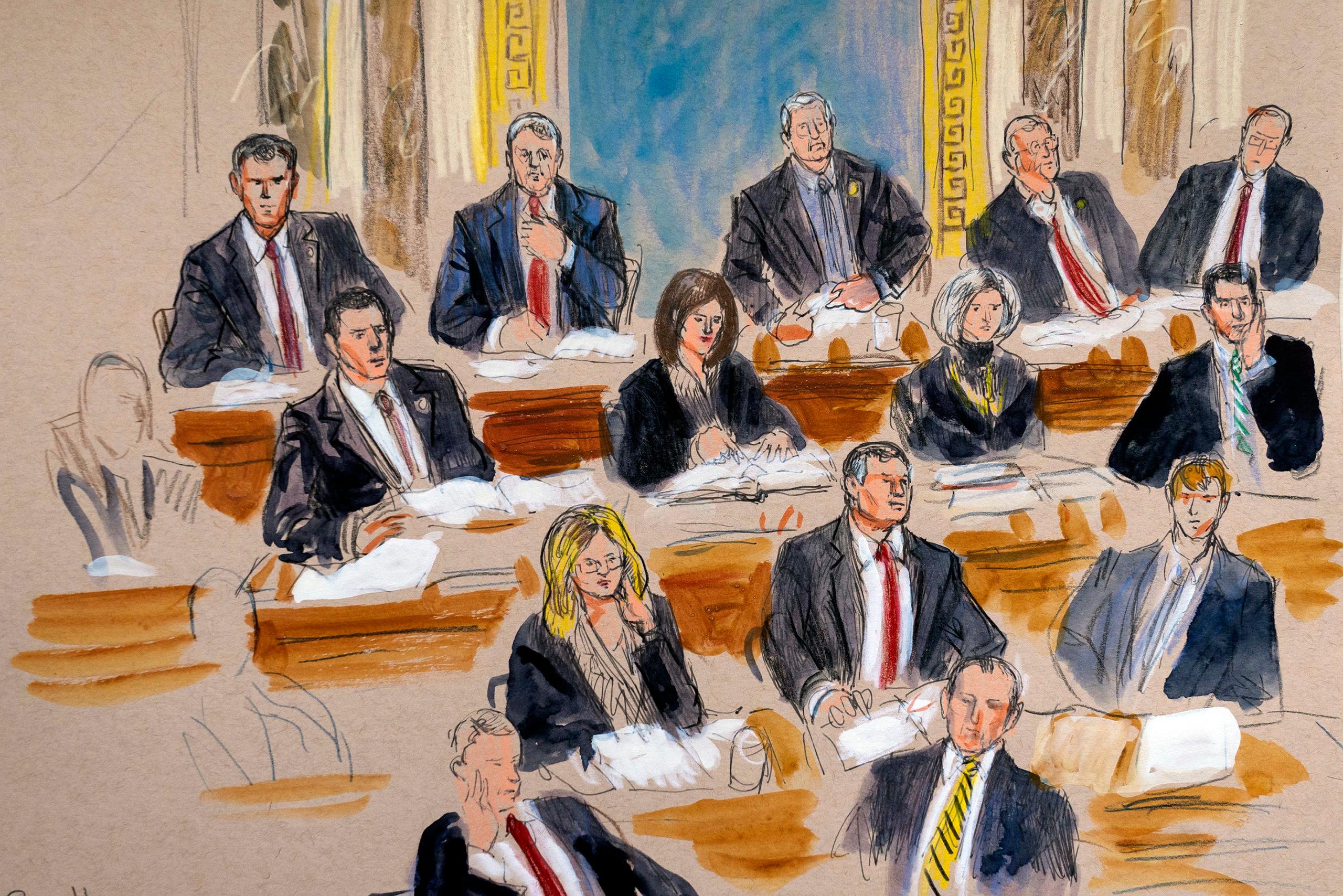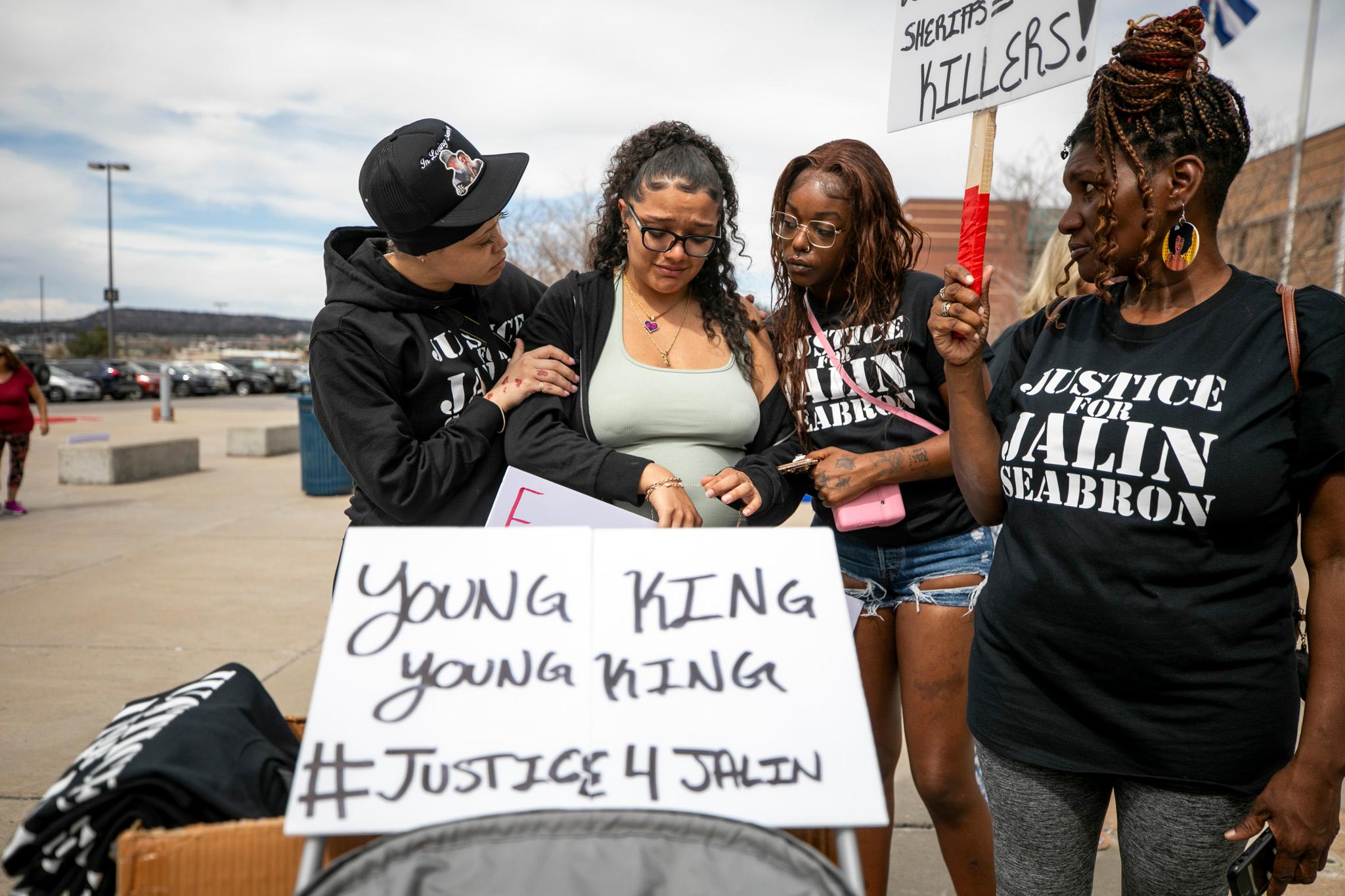
In the historic vote over whether to remove President Donald Trump from office, Colorado's senators were split along party lines. Democrat Michael Bennet in favor, Republican Cory Gardner opposed.
The result is no surprise; each man hewed with the vast majority of his party in their vote, and each signaled his position in advance.
The final vote on the first article of impeachment was 48-52 and the second was 47-53.
"We have a situation where the legislative branch of the Congress, at least in the Senate, is abdicating its responsibility to do oversight of the executive," Bennet said. He added that Senate Majority Leader Mitch McConnell and the Freedom Caucus had succeeded in immobilizing that chamber.
Bennet was surprised the Senate voted against hearing from witnesses, a step he considered necessary in order to have a fair trial. Prior to the vote, Bennet took to the Senate floor and called the decision "lazy," and added the chamber is also "too broken for that and we have failed in our duty to the American people."
In December, ahead of the trial, Bennet told CPR's Colorado Matters, "if there is no evidence that's contrary to the evidence we've already heard in the House and the president continues to obstruct and continues to stonewall the legitimate questions that Congress has had... I'm likely to vote to convict."
The questions Bennet submitted during the trial's question-and-answer stage suggested he didn't hear anything to change his position; he focused on whether the president's behavior has eroded the separation of powers and would enable future chief executives to use their office for political gain.
Colorado's Republican senator, Cory Gardner, took to the Senate floor prior to the vote and said, "What we did not see over the last two weeks was a conclusive reason to remove the president of the United States."
Gardner said House impeachment managers, one of whom was fellow Coloradan Rep. Jason Crow, failed to prove their case, and that their push for additional witnesses undermined their arguments.
"A case cannot be both 'overwhelming' and 'airtight' and yet incomplete at the same time. That contradiction is not mere semantics," he argued. He went on to say for the Senate to investigate would "weaponize" impeachment.
Even as he called the House process partisan, Gardner tried to strike a bipartisan tone. He said the executive branch is not immune from legislative oversight. And he doesn't believe an acquittal sets the precedent that a president can do anything as long as he believes it to be in his political interest or that criminal conduct is the only justification for impeachment.
"We must not allow our fractures to destroy our national fabric, or partisanship to destroy our friendships," Gardner concluded.
During the Q-and-A phase, Gardner's questions focused on the idea of executive privilege and suggested that the House investigation overstepped its authority and that complying would erode the power of the president's office, now and in the future.
The vote comes at the start of what will be a tumultuous re-election campaign for Trump. The president's State of the Union address Monday night signaled he's prepared to launch a spirited campaign and make the argument that his first term record qualifies him for a second.
Impeachment carried high political stakes for both Colorado senators. Bennet is running to challenge Trump in 2020, with his hopes pinned on the upcoming New Hampshire primary. Gardner, who's up for reelection in November, must navigate a Republican base that strongly backs the president and a wider state electorate that, in general, views Trump unfavorably.









